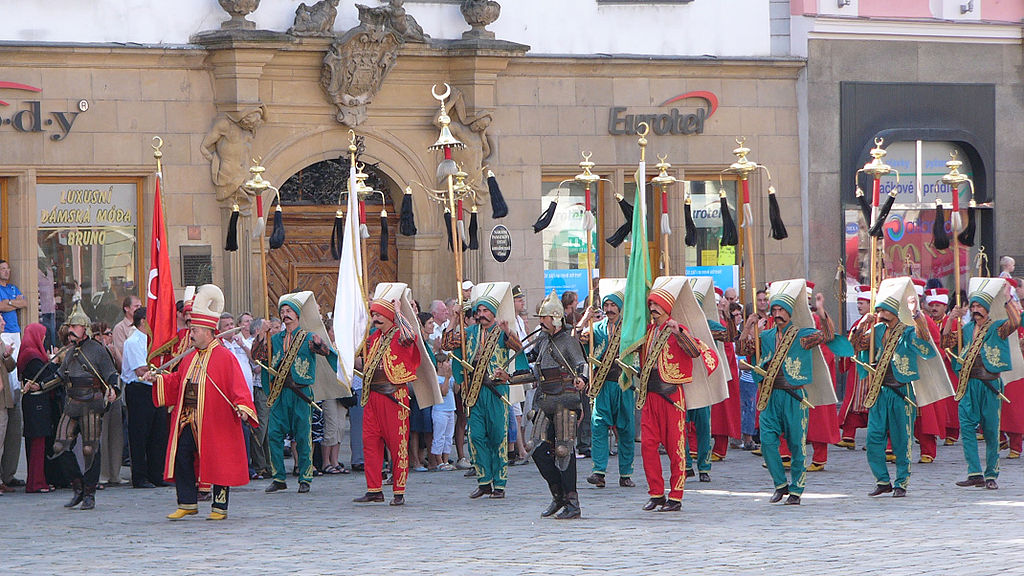Sub Saharan Vibes — August 28, 2023
- Kandiafa — Bana Magny
- Amadou & Miriam — La Réalité
- Mama Sissoko — Soleil de minuit
- Eppi Fanio — Ikoko
- Bassekou Kouyate & Ngoni Ba f/ Amy Sacko, Afel Bocoum & Ahmed ag Kaedi- Désert Nianafing
- Lijadu Sisters — Bobby
- Thomas Mapfumo & The Blacks Unlimited — Muchoni (The Self-Exile)
- Miriam Makeba — Laktushona Ilanga
- Shina Williams & His African Percussionists — Gboro Mi Ro
- Group Doueh — Kar Labyad Doueh
- Monique Seka — Okaman
Crush #217 – Grocery Store Sunset

This week we began at our new time (6pm on mondays!) with a moody/melancholy playlist with the vibe of grocery store sunsets… capturing that melancholy feeling of leaving the grocery store during beautiful sunset.
Spotify link here
Playlist for tonite
kisses – Slowdive
Happen – Drop Nineteens
Don’t Fade Away – Beach Fossils
Inference (I) – Fog Lake
Lush – Chlorine
Gold Ribbon – Infinity Cutter
No Heaven – Big Blue World
How to Make a Person Happy – it was warmer then
Both Hands On the Wheel – Amateur Takes Control
Summer’s Gone – The Stargazer Lilies
My Angel Lonely – Wild Nothing
Alone in the Universe – The Daysleepers
Rainbow spell – TRPP
Last Night’s Haze – Star Horse
focus the present – A Shoreline Dream

continental drift 8/28/23- turkey
 For today’s episode, we’re looking at Turkey! You can find the playlist here and listen back to the episode here.
For today’s episode, we’re looking at Turkey! You can find the playlist here and listen back to the episode here.
The Republic of Turkey is a country that lies mostly in West Asia, but which peeks just a tad into Southeast Europe. It borders the Black, Mediterranean, and Aegean Seas, as well as the countries of Georgia, Armenia, Azerbaijan, Iran, Iraq, Syria, Greece, and Bulgaria. With a bit over 85 million people, it is the 17th-largest country by population. The official and predominantly-spoken language of Turkey is Turkish, but a multitude of other languages are spoken throughout the country such as Kurdish, Arabic, and Zazaki.
Anatolia is the name of the geographic region that is now Turkey. For a large swath of time starting in the 13th century, Anatolia would be under the control of the Ottoman Empire, and as such, music of the region would be heavily influenced by the Ottomans. There’s an incredibly rich tradition of Ottoman classical music originally meant to be performed in Ottoman palaces. Turkish music theory itself is a vast and expansive subject, so we won’t get super deep into it in the episode, but one thing worth noting is that it has roots in both Persian and Greek musical styles. This is important because as Persian classical music started to fall by the wayside, the music of the Ottoman Empire would begin to synthesize Persian and Byzantine music styles into a unique Ottoman identity.
Folk & Classical Music Segment
Kemençe improvisation in Makam Segah // Sufi Music Ensemble
Tanbur impovization in Makam Hüzzam // Sufi Music Ensemble
Ud improvisation in Makam Hicaz // Sufi Music Ensemble
Üsküdar’a gider iken // Safiye Ayla
Moving on from folk music, the military music of the Ottoman Empire was particularly of note. Ottoman military bands, sometimes called mehteran, are the oldest recorded military bands, to the extent that later instances of military marching bands, even to this day, are derived from the Ottoman Empire. Beyond simply copying the formation of military bands themselves, though, the Western world also found something very appealing about the mehteran sound and composers like Mozart and Beethoven ended up writing music inspired by it.
Mehteran + Imitation of Mehteran Segment
Yelkenler Biçilecek // Mehter
Türkler Geliyor // Mehter
Rondo Alla Turca // Wolfgang Amadeus Mozart

Modern-day mehteran
In spite of this sort of passing of Ottoman music traditions into Europe, cultural exchange is often a two-way street, and while Ottoman music styles made their way into the works of Western European composers, the landscape of Ottoman, and eventually Turkish Republican, music would shift to become much closer to Western European music styles. As far back as the early 19th century, Turkish musicians would receive instruction in both Ottoman and Western musical traditions, and when the Ottoman Empire finally fell after the end of World War 1, the new Republic of Turkey underwent a large-scale cultural revolution intended to align it with Western culture.
The first president of Turkey, Ataturk, in order to sort of cultivate a national identity, made efforts to ban Ottoman-style music from being broadcast over radio or published and taught to musicians in a formal context. This would essentially force Western musical tradition to become the predominant musical tradition in Turkey, but in the meantime, for a number of reasons including geographical proximity to Arabic-speaking countries and Arabic-speaking immigrants into Turkey, the Turkish music scene in the 1960s would shift to favor the musical style known as Arabesque.
Arabesque Segment
Geceler // Bülent Ersoy
Acıların Kadını // Bergen
Also in the 1960s, rock music made its way from the US and UK to Turkey, and as is prone to occur, cultural syncretism between Turkish folk music and rock led to the birth of Anatolian rock.
Anatolian Rock Segment

Erkin Koray
Playlist for Lost in the Stacks, Aug 25, 2023 (“Anyone? Anyone?”), episode 571
Hear the show at http://traffic.libsyn.com/lostinthestacks/LITS_Episode_571.mp3
“Getting Better” by the Beatles
File this set under BF632 .O28
“You’ll Never Be As Good As That” by Butterglory
“I’m in Comfort” by Happy Trendy
File this set under LB2331 .B34
“College” by Treasure Island
“Charlie Brown” by the Coasters
“Go to Class” by the Debbie Downers
File this set under Z711.2 .L43
“In With the New” by Emily Elbert
“Out With the Old” by Schnauser
“Blue Yodel No. 8, Mule Skinner Blues” by Jimmie Rodgers
54-46 24Aug2023
Gregory Issacs – Front Door
The Mighty Diamonds – Stoned Out of My Mind
The Club – But Not You
The Maytones – Holy Ground
Augustus Pablo – Cassava Piece
The Black Foundation “In Dub” – Marcus Garvey Dub
Bob Marley and the Wailers – This Train (Traditional Gospel)
Bob Marley and the Wailers – The Lord Will Make a Way (Traditional Gospel)
The Scofflaws – Ska Groovy
Black Uhuru – “Who’s in the Tomb?”
Gary Paul – Straight to the Heart
Alton Ellis – Your Heart Is Going to Pay
Leonard Dillon the Ethiopian – Survival
Willi Williams – Slave Dub


